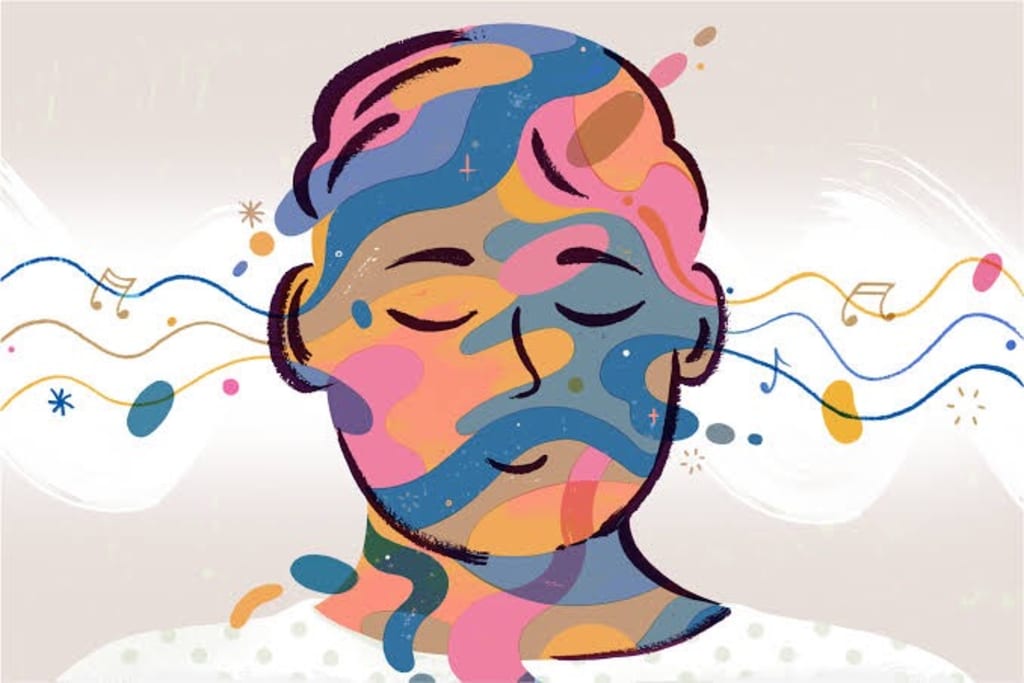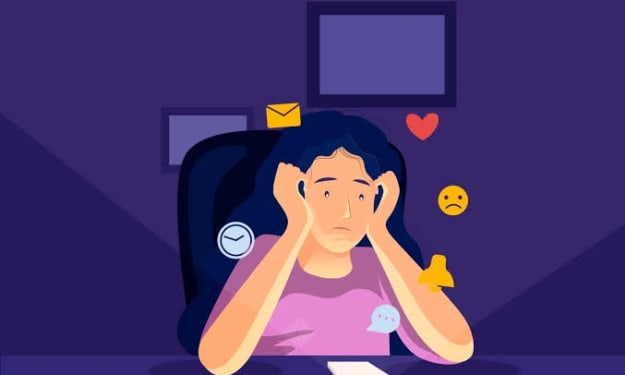THE POWER OF MUSIC THERAPY
"Unlocking the Healing Power of Sound: Exploring the Benefits of Music Therapy for Mental Health"

Music has been a part of human culture for millennia. It has the power to bring people together, to evoke emotions, and even to heal. Music therapy is the use of music as a therapeutic tool to treat physical, emotional, cognitive, and social needs of individuals. It has been shown to be effective in treating a variety of conditions, including dementia, autism, depression, and anxiety.
What is Music Therapy?
Music therapy is a clinical and evidence-based practice that uses music to address the physical, emotional, cognitive, and social needs of individuals. A music therapist is a professional who has specialized training in the use of music as therapy. These professionals work with clients to develop individualized treatment plans that incorporate music into the therapeutic process.
Music therapy can be used in a variety of settings, including hospitals, clinics, schools, and community centers. It can involve listening to music, playing an instrument, singing, or improvising with musical instruments.
Benefits of Music Therapy
Music therapy has been shown to have numerous benefits, including the following:
1. Reduced anxiety and depression: Music has the power to evoke emotions and reduce anxiety and depression. In fact, listening to music has been shown to reduce cortisol levels, a hormone associated with stress.
2. Pain management: Music therapy can be used to help manage pain, particularly in individuals with chronic pain. Studies have shown that listening to music can reduce the perception of pain and increase the release of endorphins, the body's natural painkillers.
3. Improved cognitive function: Music therapy has been shown to improve cognitive function in individuals with dementia, Alzheimer's disease, and traumatic brain injuries. It can also be used to improve memory, attention, and concentration.
4. Enhanced social skills: Music therapy can be used to develop social skills in individuals with autism spectrum disorder, Asperger's syndrome, and other social communication disorders. It can help individuals learn to communicate, interact, and express themselves in a social setting.
5. Increased physical activity: Music therapy can be used to motivate individuals to engage in physical activity, particularly in individuals with Parkinson's disease and other movement disorders. It can improve gait, balance, and coordination.
6. Improved overall well-being: Music therapy can help promote a sense of overall well-being in individuals, particularly in those with chronic illnesses. It can improve mood, reduce stress, and increase feelings of relaxation and calmness.
How Does Music Therapy Work?
Music therapy works by tapping into the emotional and physiological responses that music elicits. Music has the unique ability to engage the brain in a way that other forms of therapy cannot. It can evoke memories, emotions, and physical responses.
Music therapy sessions typically begin with an assessment of the individual's needs and goals. The music therapist will then develop an individualized treatment plan that incorporates music in a way that is tailored to the individual's needs. This may involve listening to music, playing an instrument, singing, or improvising with musical instruments.
During a music therapy session, the music therapist will guide the individual through a variety of exercises designed to address their specific needs. This may involve playing an instrument, singing along to a song, or improvising with musical instruments.
Conclusion
Music therapy is a powerful tool that can be used to treat a variety of physical, emotional, cognitive, and social needs. It has been shown to have numerous benefits, including a reduction in anxiety and depression, improved cognitive function, enhanced social skills, and increased physical activity. By tapping into the emotional and physiological responses to music, individuals can be guided towards overall improvements in their well-being. If you're interested in exploring music therapy for yourself or a loved one, be sure to seek out a qualified music therapist who can guide you through this process.
About the Creator
Enjoyed the story? Support the Creator.
Subscribe for free to receive all their stories in your feed. You could also pledge your support or give them a one-off tip, letting them know you appreciate their work.





Comments
There are no comments for this story
Be the first to respond and start the conversation.